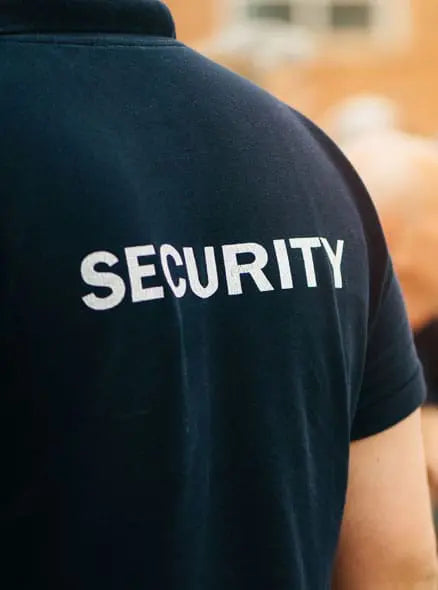Whether it’s a bustling nightclub, a crowded retail store, or a major sporting event in Ireland, security officers play a crucial role in maintaining peace, safety, and professionalism. One of the most valuable skills every security professional must master is conflict management, the ability to prevent, defuse, and resolve tense situations calmly and effectively.
At ICSE, we believe that good security is not just about presence; it’s about communication, awareness, and control. Proper conflict management training transforms a security officer from a guard into a true professional capable of handling real-world challenges with confidence.
Understanding Why Conflicts Arise
Conflicts are part of daily life in the security industry. They can occur for many reasons: misunderstandings, alcohol-related behaviour, refusal of entry, or even stress in busy environments.
Untrained responses to these conflicts can quickly escalate, risking harm to the public, staff, and the business itself.
This is why structured training, especially through QQI-accredited security courses, is essential. It prepares officers to manage difficult interactions professionally and within the law.
The Role of a Trained Security Officer
A well-trained officer does much more than stand at a door or patrol a premises. They are responsible for:
- Maintaining calm in tense situations
- Using verbal and non-verbal communication effectively
- Identifying early signs of potential conflict
- De-escalating issues before they become incidents
- Ensuring the safety of everyone involved
By learning conflict management techniques, officers develop empathy, patience, and situational awareness, qualities that earn public respect and build trust.
Why Training Makes All the Difference
Proper training doesn’t just teach what to do; it builds understanding of why and how to act.
ICSE’s QQI Level 4 and 6 programmes cover key conflict management areas such as:
- Communication skills: using tone, body language, and clear instructions.
- Law and ethics: understanding rights, responsibilities, and boundaries.
- De-escalation techniques: handling aggression safely and respectfully.
- Incident reporting: documenting events clearly and accurately.
When officers understand the psychology behind human behaviour and the legal framework that governs their actions, they can make sound, confident decisions under pressure.
Real-World Benefits of Conflict Management Training
- Safer Work Environments: Fewer confrontations, injuries, and complaints.
- Higher Professional Standards: Officers act with confidence and authority.
- Improved Public Trust: People feel secure when officers are calm and capable.
- Career Advancement: Trained officers are preferred by employers across Ireland.
From shopping centres to corporate venues and events, employers value professionals who can represent their brand with respect and professionalism.
A Skill That Defines Your Career
Conflict management is not just a single lesson; it’s a lifelong skill. It empowers security professionals to protect people without aggression, to lead with composure, and to ensure that every situation ends safely.
At ICSE, Ireland’s multiple award-winning and QQI-approved training centre, our courses are designed to equip learners with these essential skills. Whether you’re starting your security career or advancing to a supervisory role, understanding how to manage conflict will set you apart.
Final Thoughts
The best security officers aren’t those who react with force, they’re the ones who prevent conflict through awareness, communication, and professionalism.
If you’re ready to build a strong foundation in the Irish private security industry, enrol in ICSE’s QQI-accredited security courses today. Learn from expert trainers, gain real-world insight, and develop the confidence to handle any situation calmly and effectively.

